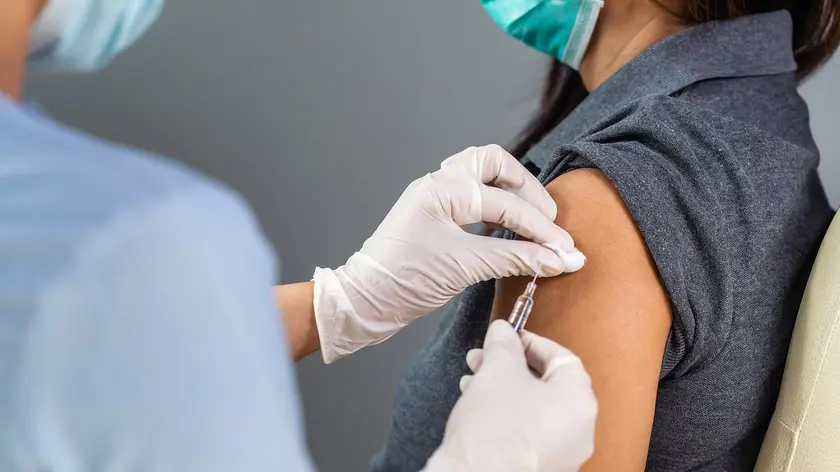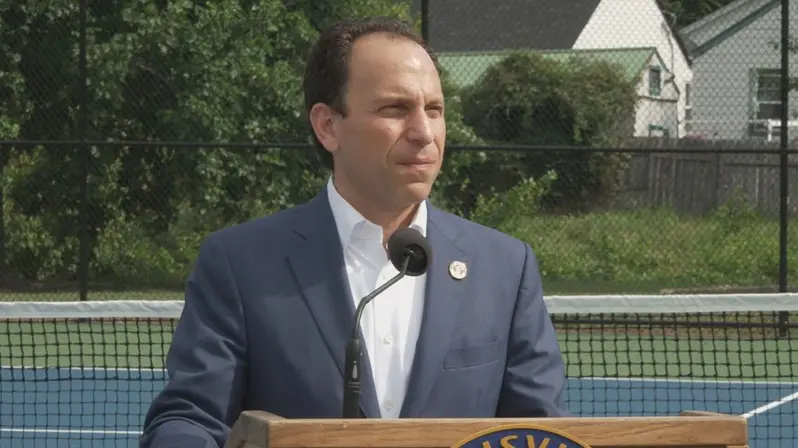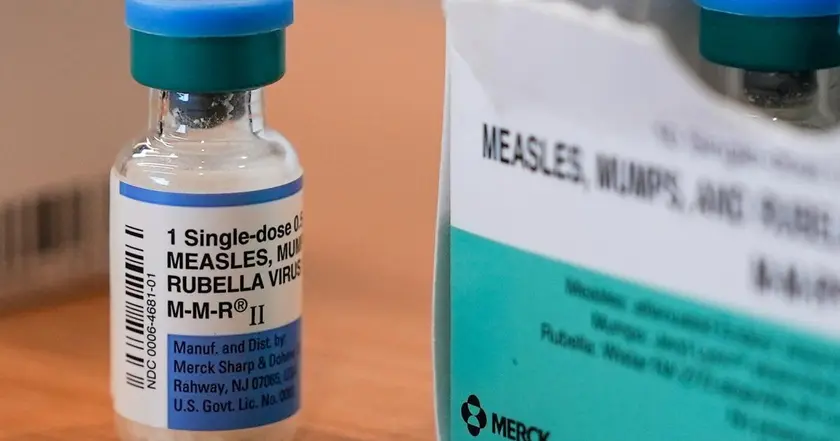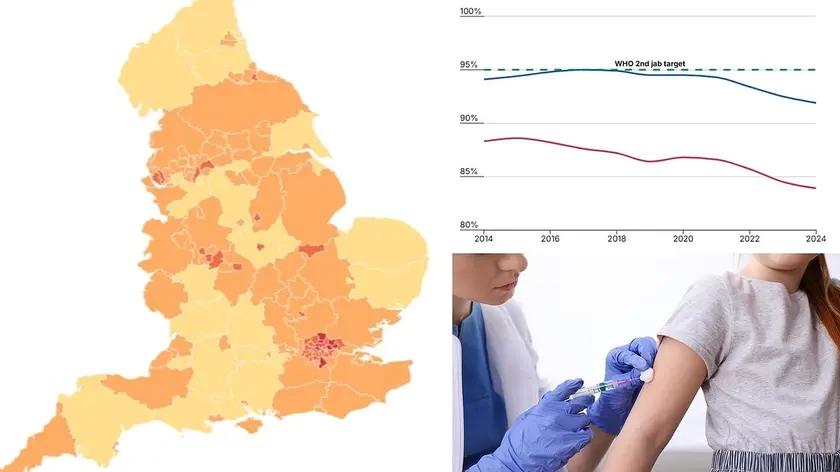T4K3.news
Vaccination checks urged before travel
UK health agencies urge travellers to confirm vaccines six to eight weeks before departure

Health officials urge travellers to confirm vaccines six to eight weeks before departure to reduce travel illness.
UK Travel Health Urges Vaccination Before Summer Holidays
British travellers are urged to ensure vaccinations are up to date at least six to eight weeks before leaving. The NHS and UK Health Security Agency advise booking an appointment with a GP, practice nurse, pharmacist, or travel clinic well ahead of departure to allow vaccines to take effect. Travellers should also keep routine NHS vaccines up to date, such as MMR, polio, meningitis, hepatitis and tetanus, since these illnesses can be more risky in some destinations.
Travel Health Pro provides country specific guidance on risks and malaria prevention. For malaria risk areas, travellers should discuss antimalarial pills with their GP. Additional vaccines may be needed for typhoid, hepatitis A, Japanese encephalitis, rabies or yellow fever. A 2024 UKHSA report shows 702 travel linked enteric fever cases in England, Wales and Northern Ireland, up from 645 in 2023. A typhoid vaccine is available for free at local GP surgeries, but there is no vaccine for paratyphoid. Dengue and chikungunya were locally reported in Italy, showing that tropical diseases can appear in Europe. The rise in global dengue cases and outbreaks in the Pacific, as noted by health authorities, underscores travel health risk.
Key Takeaways
"Ideally travellers should consult their GP, practice nurse, pharmacist, or travel clinic at least four to six weeks before their trip for individual advice, travel vaccines and malaria prevention tablets"
UKHSA guidance on pre-travel planning
"A free typhoid vaccination is available at local GP surgeries for British travellers heading abroad"
Vaccine access for travellers
"Typhoid and paratyphoid infections are preventable"
Public health messaging
"Two locally acquired cases of dengue and chikungunya were reported in Italy"
New in country spread warning
Public health guidance makes prevention the core of safe travel. The emphasis on planning reflects a shift from last minute precautions to systematic preparation. At the same time the article highlights gaps such as limited vaccine options for paratyphoid and the need to access vaccines through primary care or travel clinics, which can be challenging during peak season. These factors raise questions about access, equity, and funding for preventive care.
The spread of dengue and chikungunya into new regions, including Europe, signals changing risk patterns likely tied to climate and travel. That reality pushes travellers to take responsibility for prevention while also placing pressure on health systems to provide timely vaccines and advice. Good news includes free typhoid vaccines in some areas, but gaps remain in coverage and awareness for other diseases.
Highlights
- Vaccination is a passport to safer travel
- Plan six weeks ahead so vaccines take effect
- Travel health is personal health on the road
- Prevention saves lives abroad
Health risk from travel infections grows with new spread patterns
The article notes rising travel associated illnesses and new in country spread of diseases like dengue and chikungunya in Europe. This has implications for health messaging, access to vaccines, and traveller costs. Gaps such as the absence of a paratyphoid vaccine and varying vaccine availability could affect who benefits from protection and when.
A healthier trip starts long before the plane takes off.
Enjoyed this? Let your friends know!
Related News

Vaccine warning issued for holidaymakers

Measles outbreak reported in Greater Manchester

Louisville reports measles case in child

Health warning in Northern Territory after measles case

Measles exposure confirmed at LAX

Rabies risk prompts nationwide warnings

Measles outbreak risk increases in England

Urgent hepatitis A vaccination advice for Czechia travelers
